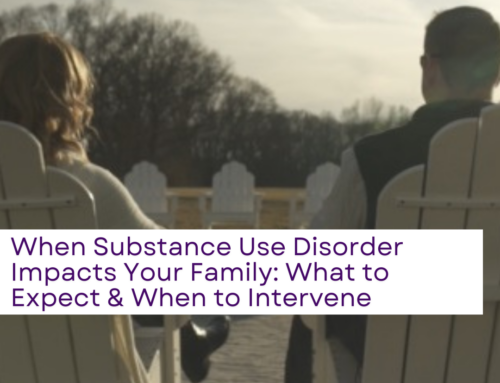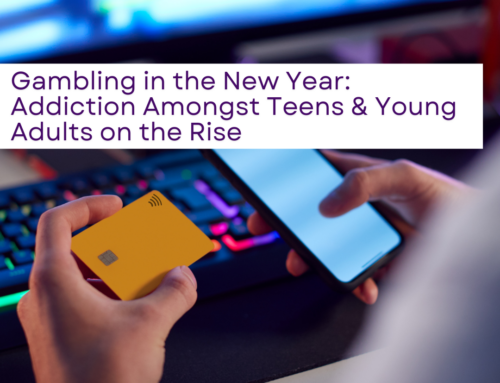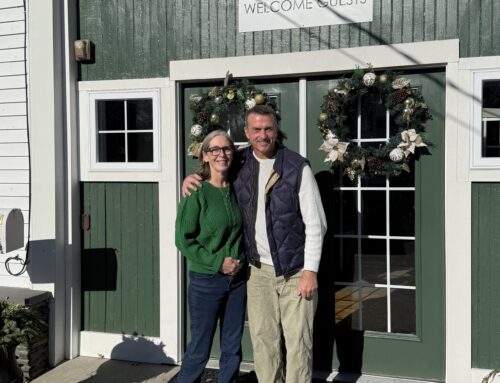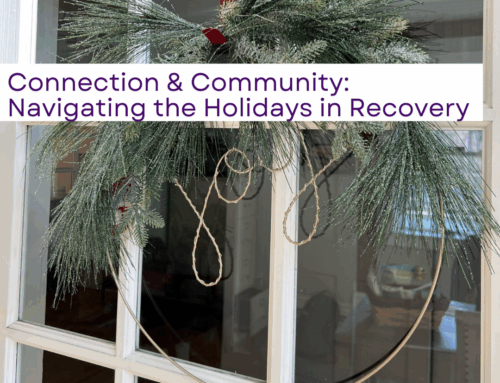
Once playing in front of thousands for his hometown Boston Celtics, Chris Herren now captivates audiences of a different kind—over two million students and community members who have heard his unflinching story of addiction and recovery. What makes Chris’s impact so profound isn’t just the dramatic arc of his story; it’s in the way his story creates a fundamental shift in how we talk about and approach substance use disorder.
Rather than focusing on rock bottom moments and last days, Chris invites young people to think about their first day—the seemingly innocent choices that can spiral into something darker. This re-framing removes shame from the conversation and creates space for genuine connection and prevention.
Young people across the country see in Chris something authentic—not a cautionary tale delivered from a distance, but a human being who fell, got back up, and now extends his hand to help others do the same. By sharing his story with radical honesty, Chris breaks down the stigma that keeps so many suffering in silence. He shows that recovery isn’t just possible; it’s a journey worth celebrating.
Sharing struggle and celebrating recovery is a theme that is discussed often at Herren Wellness and one that is embraced by alumni and guests who are willing to follow in Chris Herren’s footsteps, sharing their story with the hope of reaching one.
Sharing Struggle: The Power of Service in Recovery
For the past several years, graduates of Herren Wellness have been returning to the halls of Hingham High School with a powerful mission: to share their personal journeys through substance use and recovery. These alumni, many of whom once walked these same corridors as students themselves, offer something that statistics and warnings cannot – authentic, lived experience that resonates deeply with teenagers.
Their willingness to be vulnerable about their struggles, from the early warning signs they wish they’d recognized to the devastating impacts addiction had on their lives and families, creates moments of genuine connection that traditional prevention programs often struggle to achieve.
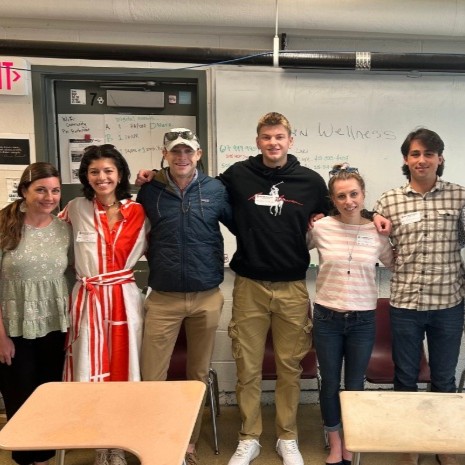
When 21-year-old Shea Finnegan sits in front of high school sophomores and says, “The most important words I heard here were ‘me too.’ I thought I was crazy. I thought I was different, but I started opening up in those rooms, and I heard people shake their heads, and say, ‘Yeah, me too. I’ve been through that,'” he’s not just telling his story. He’s creating a bridge of understanding of struggles many young adults have had in high school and college with substance use that no textbook or lecture could build.
This is where the magic happens—in those raw, honest moments when young people speak directly to their peers. Patrick Ryan, 23, and Finnegan aren’t standing at a podium delivering warnings from afar. They’re sitting face-to-face, making eye contact with students who see themselves reflected in their stories.
The vulnerability these young speakers show isn’t a weakness—it’s their superpower. When Finnegan talks about being voted “Most Athletic” while secretly struggling between classes with marijuana addiction, or when Ryan describes losing his college football scholarship due to an injury and in turn looked to substances to take away the pain, they’re demolishing the myth that addiction only happens to “other people.” They’re showing that strength isn’t about having it all together; it’s about having the courage to admit when you don’t.
The impact of these panel discussions extend far beyond the classroom walls. Students frequently report that hearing from someone who looks like them, who faced similar
Your Story Matters: The Power of Young Voices in Recovery
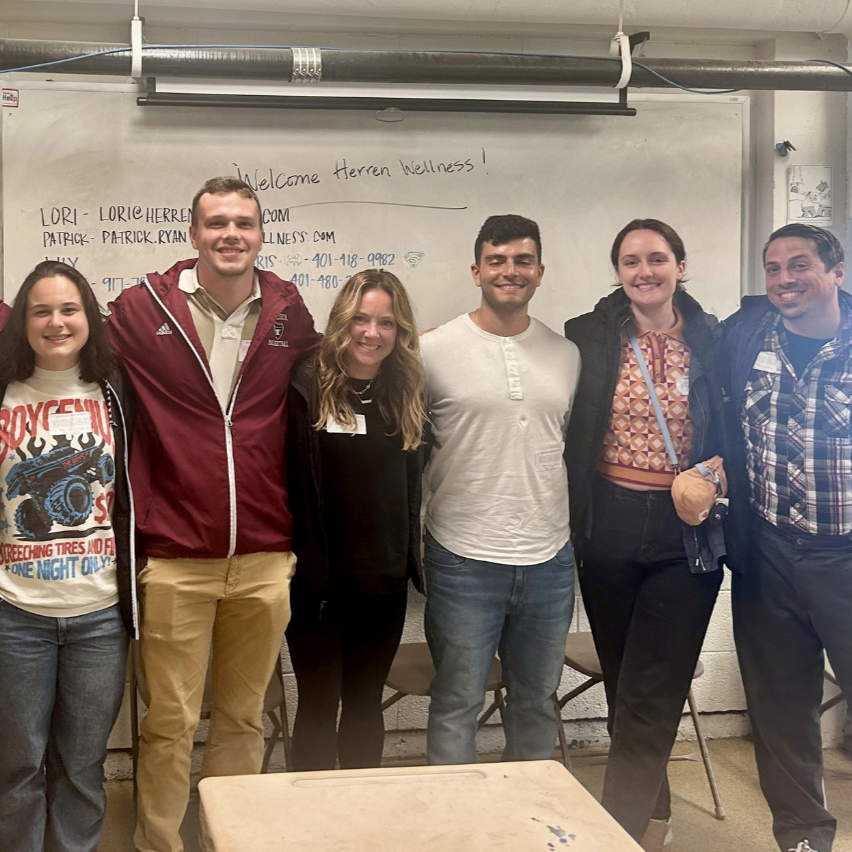
Age has never been a measure of wisdom when it comes to lived experience, and young people often carry the most relevant and immediate insights for their peers. When a teenager hears another young person share their story – using the same language, referencing the same pressures, understanding the same social dynamics – walls come down in ways that professional advice may never achieve. These points of identification create sacred spaces where vulnerability feels safe, where asking for help transforms from an admission of weakness to an act of courage.
Service to others creates a powerful reciprocal relationship in recovery, where giving becomes a form of receiving. When we extend a hand to help someone else navigate their struggles, we reinforce our own commitment to recovery while discovering renewed purpose and meaning.
Young voices speaking their truth give their peers permission to step forward, knowing they’ll be met not with judgment or disconnection, but with the profound understanding that comes from someone who has walked a similar path and found their way through.
About Herren Wellness
Herren Wellness is a thriving community of people at all stages in their recovery journey. We introduce holistic therapies and strategies centered around emotional, physical, and spiritual wellness, in addition to life coaching sessions, family support and an individualized wellness plan to provide a solid foundation in recovery from alcohol and substance use.
We believe that staying connected and community has a lasting impact on recovery, and encourage all alumni to participate in our weekly alumni meetings, seasonal events and annual retreat. Your connection to Herren Wellness doesn’t end when your stay ends; we are there for you throughout your recovery journey.

If you, or a loved one, are looking for help, please call us at (844) 443-7736, email us at info@herrenwellness.com, or register for a 30 minute consultation with our Executive Director, Lori McCarthy. It is never too early or to late to seek help for substance use at any stage.


